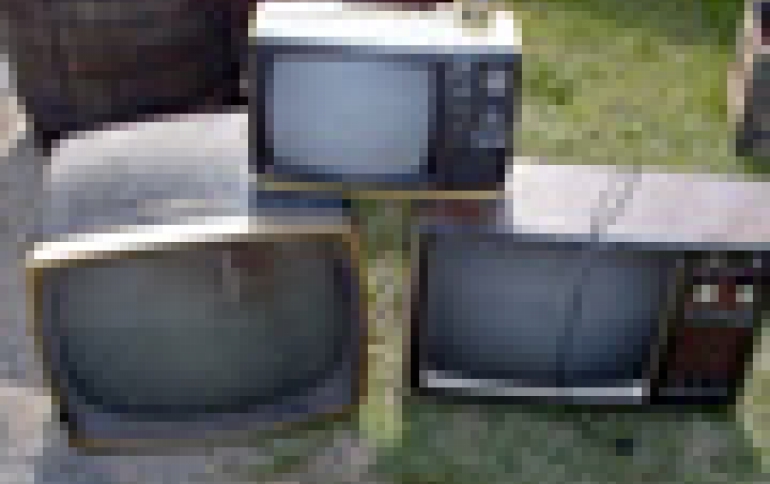
Europe Charges Companies With Forming TV and Computer Monitor Tubes Cartels
The European Commission confirmed that in November 2009 it has sent a Statement of Objections to a number of companies active in the cathode ray tubes (CRT) industry, concerning their alleged participation in two separate cartels.
Cathode ray tubes are used in television sets and computer monitors.
A Statement of Objections is a formal step in Commission antitrust investigations in which the Commission informs the parties concerned in writing of the objections raised against them. The addressee of a Statement of Objections can reply in writing to the Statement of Objections, setting out all facts known to it which are relevant to its defence against the objections raised by the Commission. The party may also request an oral hearing to present its comments on the case.
The Commission may then take a decision on whether the conduct addressed in the Statement of Objections is compatible or not with the EC Treaty?s antitrust rules. Sending a Statement of Objections does not prejudge the final outcome of the procedure.
The Commission's investigaton focuses on two types of cathode ray tubes, namelycolour display tubes used in computer monitors and colour picture tubes used in colour television sets.
Surprise inspections were carried out by the Commission in November 2007 at the premises of manufacturers of cathode ray tubes.
The Commission declined to name any of the companies involved, but Dutch consumer electronics manufacturer Philips has received a formal statement of objections from the Commission, the company said in a filing to the Euronext stock exchange.
"Philips Electronics has been involved in investigations for alleged violation of competition rules in the Cathode-Ray Tubes, or CRT, industry, " Philips said in a statement.
"Philips? policy is to conduct business in full compliance with all applicable competition laws. Philips takes the investigations into possible violations of these laws very seriously. The company intends to continue assisting the regulatory authorities in these investigations. Philips is not in a position to predict or comment on their outcome," the company added.
The other CRT manufacturers named by the complainants were LG Electronics, Chunghwa Picture Tubes (a unit of Taiwan-based Tatung), Matsushita, Samsung and Toshiba.
The companies charged in the alleged CRT cartels have two months to submit a written response to the statement of objections. They are also entitled to request an oral hearing with the Commission's antitrust division.
A Statement of Objections is a formal step in Commission antitrust investigations in which the Commission informs the parties concerned in writing of the objections raised against them. The addressee of a Statement of Objections can reply in writing to the Statement of Objections, setting out all facts known to it which are relevant to its defence against the objections raised by the Commission. The party may also request an oral hearing to present its comments on the case.
The Commission may then take a decision on whether the conduct addressed in the Statement of Objections is compatible or not with the EC Treaty?s antitrust rules. Sending a Statement of Objections does not prejudge the final outcome of the procedure.
The Commission's investigaton focuses on two types of cathode ray tubes, namelycolour display tubes used in computer monitors and colour picture tubes used in colour television sets.
Surprise inspections were carried out by the Commission in November 2007 at the premises of manufacturers of cathode ray tubes.
The Commission declined to name any of the companies involved, but Dutch consumer electronics manufacturer Philips has received a formal statement of objections from the Commission, the company said in a filing to the Euronext stock exchange.
"Philips Electronics has been involved in investigations for alleged violation of competition rules in the Cathode-Ray Tubes, or CRT, industry, " Philips said in a statement.
"Philips? policy is to conduct business in full compliance with all applicable competition laws. Philips takes the investigations into possible violations of these laws very seriously. The company intends to continue assisting the regulatory authorities in these investigations. Philips is not in a position to predict or comment on their outcome," the company added.
The other CRT manufacturers named by the complainants were LG Electronics, Chunghwa Picture Tubes (a unit of Taiwan-based Tatung), Matsushita, Samsung and Toshiba.
The companies charged in the alleged CRT cartels have two months to submit a written response to the statement of objections. They are also entitled to request an oral hearing with the Commission's antitrust division.













